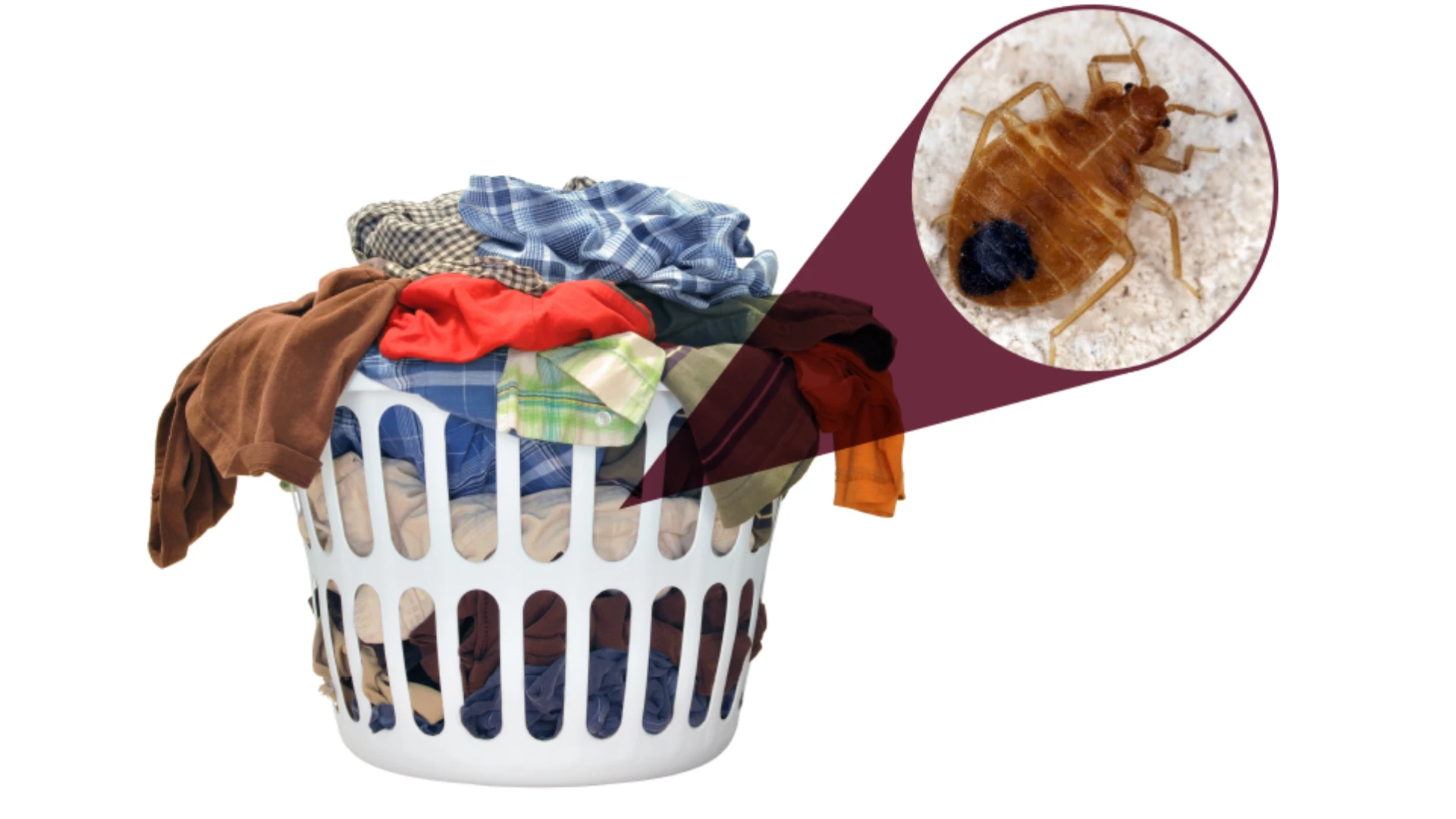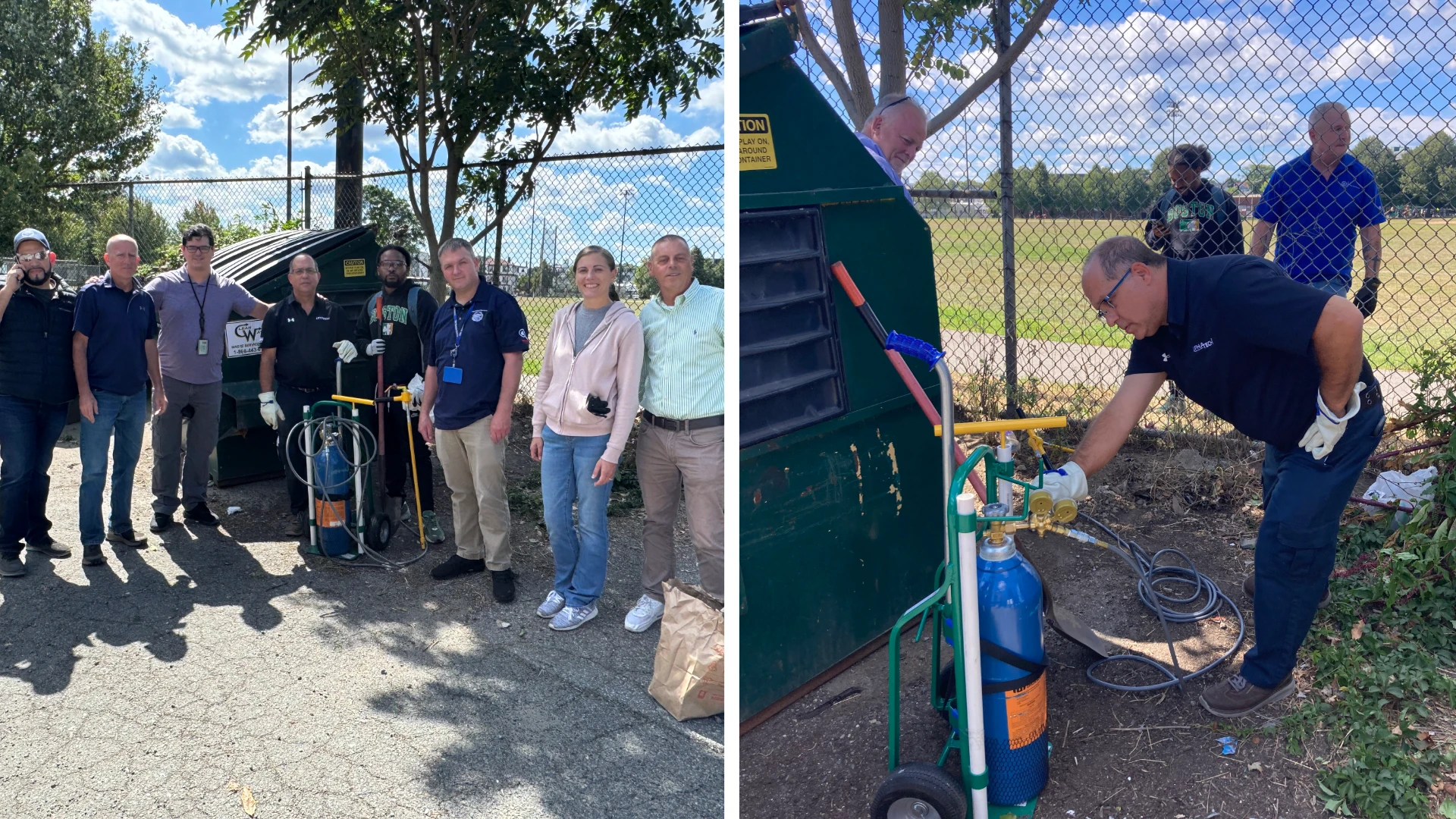How does a pest management professional turn a buyer into a customer? That was the question posed by Jeff Tucker to attendees at this year’s BASF Skill Development Seminars. The answer, Tucker said, is for pest management professionals to sell on value, not price.
Tucker first noted the important distinctions between a buyer — a person who makes purchases — and a customer, defined by Tucker as "a person or company that has had a positive experience with a product or service they purchased and will, in all likelihood, purchase the same product or service again. They are also likely to recommend the product or service to others."
Tucker provided key insights into companies — and not just pest control companies — that excel at value-added selling. He said a value-added company:
• Delivers a valuable total experience to their customers
• Does not react to competition
• Pursues excellence in all that they do
• Outperforms the competition by creating lasting value, NOT by copying a competitor or trying to tweak a "me too" solution
• Consistently challenges themselves to reach higher
• Always sells value, not price
Specific to the pest control industry, Tucker cited Bugs Burger Bugs Killers as a great example of a company that didn’t follow the leader, but charted its own course. In the early 1980s, the South Florida company, under the direction of charismatic leader Al "Bugs" Burger, shook up the industry. "[Burger] said, ‘I can do this better. I can bring more value to the customer and get more money for it.’"
Burger sought out hotels and restaurants because he liked the hospitality industry. "He said, ‘I tell you what. I want to do your pest control. If you ever see another cockroach I will give you back every dime you ever paid. If a customer sees a cockroach I will personally apologize and bring them back at my expense and give you all your money back. Oh, and it will cost you 10 to 15 times what you are paying now.’"
Burger made millions of dollars with this "outside the box" business model.
Tucker also related the story of Burger attending an industry meeting, standing up and declaring, "If you have roaches in your commercial accounts and you are taking money from your customers you are a thief." Burger was so successful that he was literally feared by his competitors. "People would say, ‘Oh no, Bugs Burger is coming to town. Get your women and children off the streets. Hide your commercial accounts. Bugs Burger is going to get them and he is going to get them for 10 to 15 times what we are getting them for.’"
PEOPLE ARE THE KEY. Ultimately it is the customer who determines whether or not your company is delivering value, which is why the single, unique dimension of value is people. So what is a service technician’s role in turning buyers into customers? After all, for the most part, the sale typically has been made by the time technicians become involved. It’s important to remember that the sale doesn’t end just because your company has been chosen to do the work, Tucker said. "They are still buyers at this point, so the technician’s role in value-added selling is critical."
Tucker cited the example of a standout Texas service technician, whom he has shadowed. She worked as a residential service technician for almost 20 years, servicing fairly high-end accounts. Realizing what a stellar job she was doing, her company approached her about becoming a supervisor. She proceeded to inform her customers she would be leaving to transition into management and phones began ringing at the office with customers upset about the prospect of losing her. Her customers had come to rely on, depend on and trust her. Her company had to put off her integration into management for several months and, ultimately, a 10-year veteran technician took over her route after she introduced him to her customers.
Tucker has ridden with her and witnessed first-hand her ability to deliver value-added service. "The minute her feet hit the ground she is in value-added mode," he said. "If there is a newspaper in the front yard…without even thinking about it she will pick up that newspaper and hand it to the customer. If there is a garbage can that has been emptied and in the street, she will drag it from the street back to the house before knocking on the door. That’s value added. It’s not always about pest control — it those little ‘something extras’ that customers remember."
Tucker said that the value she has built into her route is priceless.
Opportunities abound for service technicians to provide value-added services by showing concern for the customer and their environment, including judiciously and safely using pesticides to solve pest problems with minimal disturbance to a customer’s surroundings.
"These are things that are hard to quantify, but in the customer’s mind that is value," Tucker said. "If you don’t keep that in mind when you are selling value, you miss out. There are a whole bunch of great things to sell — to talk about with the customer — other than simply price."
The author is Internet editor and managing editor of PCT magazine and can be contacted at bharbison@giemedia.com.

Explore the May 2011 Issue
Check out more from this issue and find your next story to read.
Latest from Pest Control Technology
- Rentokil Terminix Expanded in Key Markets with 2024 Acquisitions
- In Memoriam: Joe Cavender
- Certus Acquires Green Wave Pest Solutions
- Liphatech Adds Alex Blahnik to Technical Team
- Do the Right Sting: Stinging Insect Identification, Management, and Safety
- VAGA's 8th Annual Veterans Thanksgiving Appreciation Dinner
- Clark's Blair Smith on the Response to Increased Dengue Fever Cases in Southern California
- WSDA, USDA Announce Eradication of Northern Giant Hornet from U.S.





